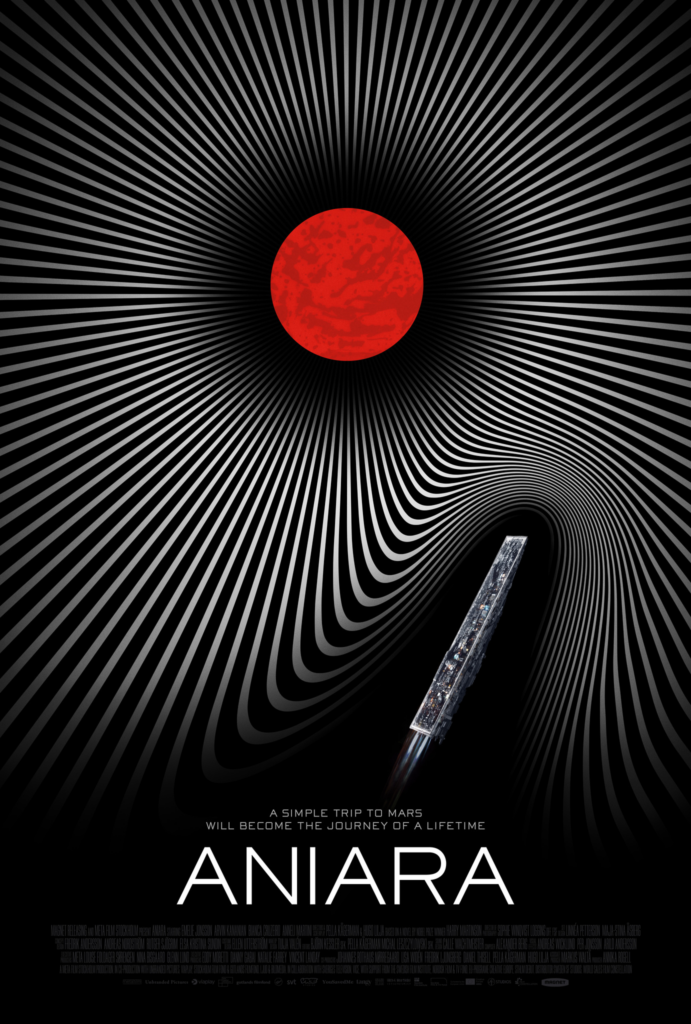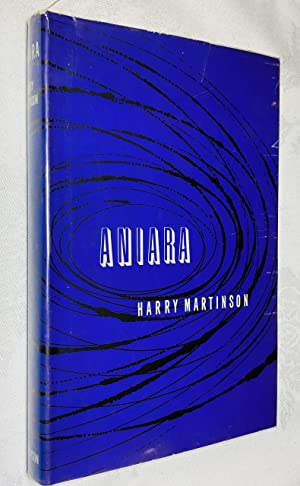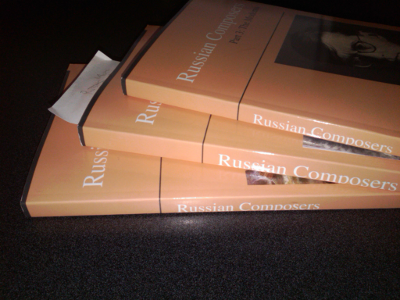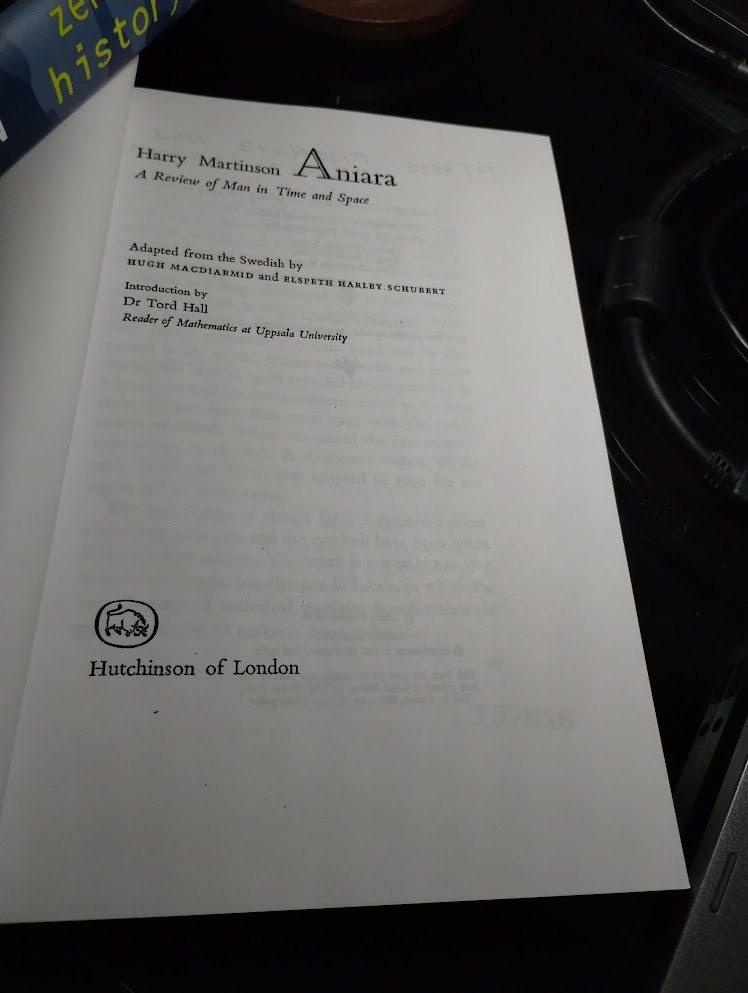A few years back I watched the Swedish sci-fi film Aniara [ IMDB | Wikipedia ] and it shook me. The prompting to watch was from some now-lost review that described it as eccentric and bleak (my remembered words, not theirs) and highly recommended it but with warning w/r/t that last characteristic. And it is that last characteristic that continually resurfaces to shake me.

At the beginning of the movie, we learn that the Earth is in a catastrophe either environmental or nuclear or both, and people are fleeing up a space elevator to an awaiting, massive luxury ship–one of many–called Aniara. The interior looks like a swanky shopping mall of sorts (remember those?) at a high-end hotel. As the people shuffle into the ship, though many have a refugee appearance, you eventually get a sense of decadent hubris and an impending Masque of the Red Death downfall. However: just as utopias are all alike, every dystopia is dystopian in its own way. One key character in the story, and one that gives this sci-fi an odd, foreign pedigree, is a computer called Mina that induces pleasant and unique visions in individuals. You lie with your head rested upon a pillow and relax to allow Mina to spark bucolic images in your brain. Passengers are at first uninterested in taking advantage of this pastime–their lives are already pleasant–but later start attending in sparse then more populated groups. A balm is not needed until it is needed.
The movie is adapted from an epic poem written by Harry Martinson, a Swedish poet, from 1953 and 1956, and translated into English by Scottish poet Hugh MacDiarmid (I also read references to another, lesser translation). Although it sounds like an eccentric writer’s lark, Martinson had been awarded the Nobel Prize (“hav[ing] conferred the greatest benefit to humankind”) for poetry and so his sci-fi-poem shouldn’t be approached with the casual prejudice that the genre, improperly, is attached.

Updated 16 May 2024
The original hardcover has gone up a bit in price: $460 on Biblio.com. I am decidedly no longer tempted
There are few choices if you want to get a copy of the text in English. I have ignored for appreciative expediency the other translations, so maybe it’s more accessible in Swedish or another language. The only reasonably-priced English edition that’s available is one printed from a copywrite-free source by Hassell Street Press. The copy I have is taken from the Hudson publishers print editions. I have no idea how these types of publishers work, they are a custom bunch and I’m sure their work has a specific name. Back in 2010 I collated and printed a series of books on Russian composers (I did the same for our Thailand trip) from an affiliate called PediaPress. Highly recommended for their affordable quality, choices of cover configuration, and auto-generated index. I guess one of the little-known benefits of our current world is the ready availability of custom-printed knowledge (although let’s ignore the diminished desire for knowledge).

The recommended translation is Hugh MacDiarmid’s which surprisingly is the copy that I have, and yet I’m still not un-tempted to get the 1st edition hardback (see above to understand how extravagantly stupid that is).
There are a couple of wonderful reviews available, the best being languagehat’s, not only for their assessment but for the contributive comments from the linguistically-interested community (I have followed them for a while). Other thoughtful analysis are a review from Form in Formless Times and from a Goodreads reviewer. All link to other, just as valuable resources if one is so inclined.

Beyond these book printings–and before the movie–was a Swedish opera, a recording of which is on YouTube (as is “everything”?).
And finally is the current manifestation, a movie from 2018 that grounds us in our bleakness: the “human condition” is one that we take with us even fleeing the harm we’ve caused, and not one that we can survive. The limited civilizational atmosphere of the planet Earth does not change when we traverse the stars in a ship, even of luxury proportions. Our only respite is a nostalgic dream of…